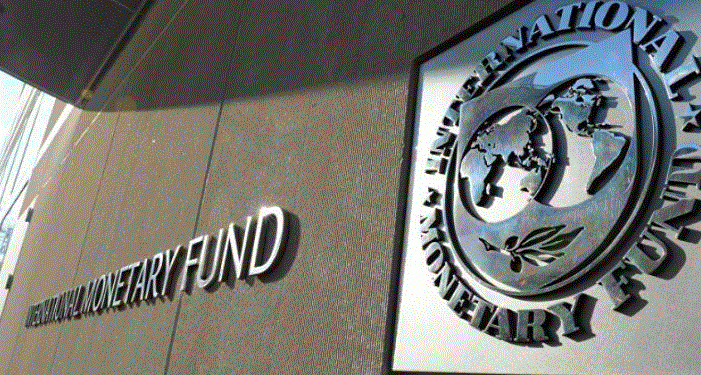The International Monetary Fund (IMF) has issued a warning to the Nigerian government, urging it to eliminate what it termed as implicit fuel and electricity subsidies. In a recent report published by the IMF, it was projected that these subsidies would consume three per cent of Nigeria’s Gross Domestic Product (GDP) in 2024, up from one per cent in the preceding year.
The IMF report commended the Federal Government for its efforts in phasing out “costly and regressive energy subsidies,” noting that such measures are crucial for creating fiscal space for development spending and enhancing social protection while maintaining debt sustainability.
However, the IMF expressed concern over the lack of adequate compensatory measures for the poor, which were not promptly scaled up and subsequently paused due to corruption concerns. The report highlighted that capping pump prices below cost reintroduced implicit subsidies by the end of 2023, aimed at assisting Nigerians in coping with high inflation and exchange rate depreciation.
Furthermore, the IMF observed that the price of electricity had tripled for high-use premium consumers on Band A feeders, representing 15 per cent of the 12 million customers who account for 40 per cent of electricity usage. As calls for the reversal of the Band A tariff from N206.80 per kilowatt-hour to N68 gain momentum among Nigerians, the IMF projected that “the tariff adjustment will help reduce expenditure on subsidies by 0.1 per cent of Gross Domestic Product.”
Analysts describe the IMF’s stance as one that underscores the need for Nigeria to address the issue of fuel and electricity subsidies to ensure fiscal sustainability and effective allocation of resources. As the government navigates these challenges, stakeholders are keenly observing developments and awaiting further policy actions to address the implications of subsidy removal on the economy and the welfare of citizens.















